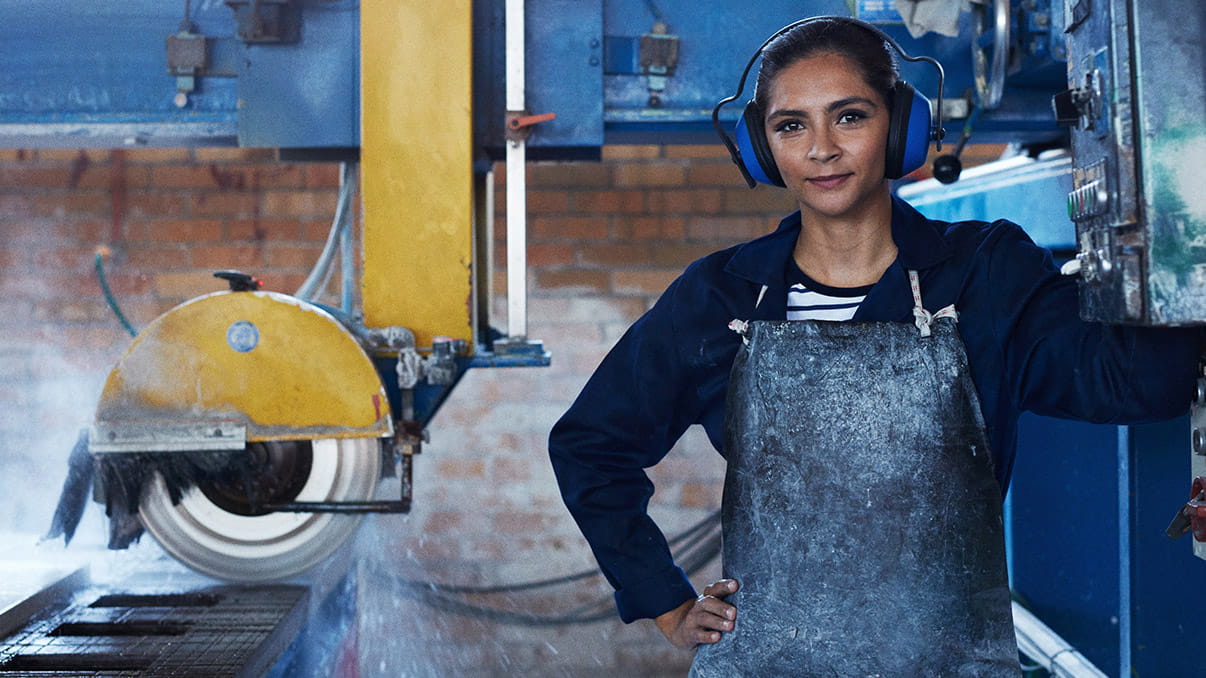
How to Protect Your Hearing
Our ears are one of our most important resources. They allow us to hear our friends, loved ones, and co-workers speaking to us. They also allow us to hear the warning sounds of danger, such as a tornado siren or the honking of a car horn.
Created Updated
About hearing
Unfortunately, it is quite easy to put our ear health at risk. Working in a loud factory around noisy machinery, for instance, can increase your risk for hearing loss. Listening to music too loudly through headphones or earbuds can damage hearing as well, as can frequent concert attendance.
Perhaps one of the biggest ways you can put your hearing at risk, though, is neglecting to get your ears checked if you notice a possible deterioration in your hearing.
Hearing loss is not always preventable, but in order to keep our ears as healthy and as high-functioning as possible, there are steps we can take to minimise our risk. These steps are simple and easy to put into practice, so in the end, the only thing you lose is the risk of hearing loss.
1. Know when your surroundings are too loud
If you have to shout to be heard by someone near you or if you have trouble hearing them over the background noise, then your surroundings are too loud. A noise is too loud if it hurts your ears to listen to it or if you find that after you move away from the noise, things sound muffled or there is a ringing in your ears.
Sound is measured in decibels, and any sound over 85 decibels can cause harm to the ears if you are exposed to it for a long period of time. Some examples of sounds over 85 decibels are the sound of motorcycle engines, music listened to at full volume through headphones, the sound of a hairdryer next to your ear, or the sound of a plane taking off. If possible, try to limit the amount of time you spend around these types of sounds in order to protect your ears from long-term damage.
2. Protect your ears with earplugs (and frequent breaks)
If you absolutely have to be around loud noises, be sure to protect your ears while you are there. If you are working in a factory, for instance, wear earplugs when working near loud machinery. Taking a break from the loud noise every 15 minutes is also recommended.
If you are going to a concert, don’t stand next to the speakers and consider wearing musician’s earplugs, which don’t muffle the music but reduce the volume nonetheless.
3. Turn down the volume
Most teenagers (and even many adults) enjoy listening to music at high volumes through headphones or in the car. Unfortunately, this is one of the best ways to damage your hearing, and can even lead to having to use hearing aids later in life. Turning down the volume of the music you are listening to until it is at a comfortable, safe volume is a great way to protect your ears against damage.
4. Get a hearing test
Last but not least, getting your hearing checked at the first sign of trouble can mean the difference between healthy ears and permanent hearing loss. Signia’s online hearing test can provide a first indication if you might have hearing loss. You can take the test online or via the app on your smartphone.
While it is not meant to replace the expertise of a doctor, the results of the test can let you know if there is something you need to get checked, or if your hearing is at an optimal level.
Your hearing is vital to living a healthy, safe, happy life, so be sure to do all you can to protect the health of your ears.